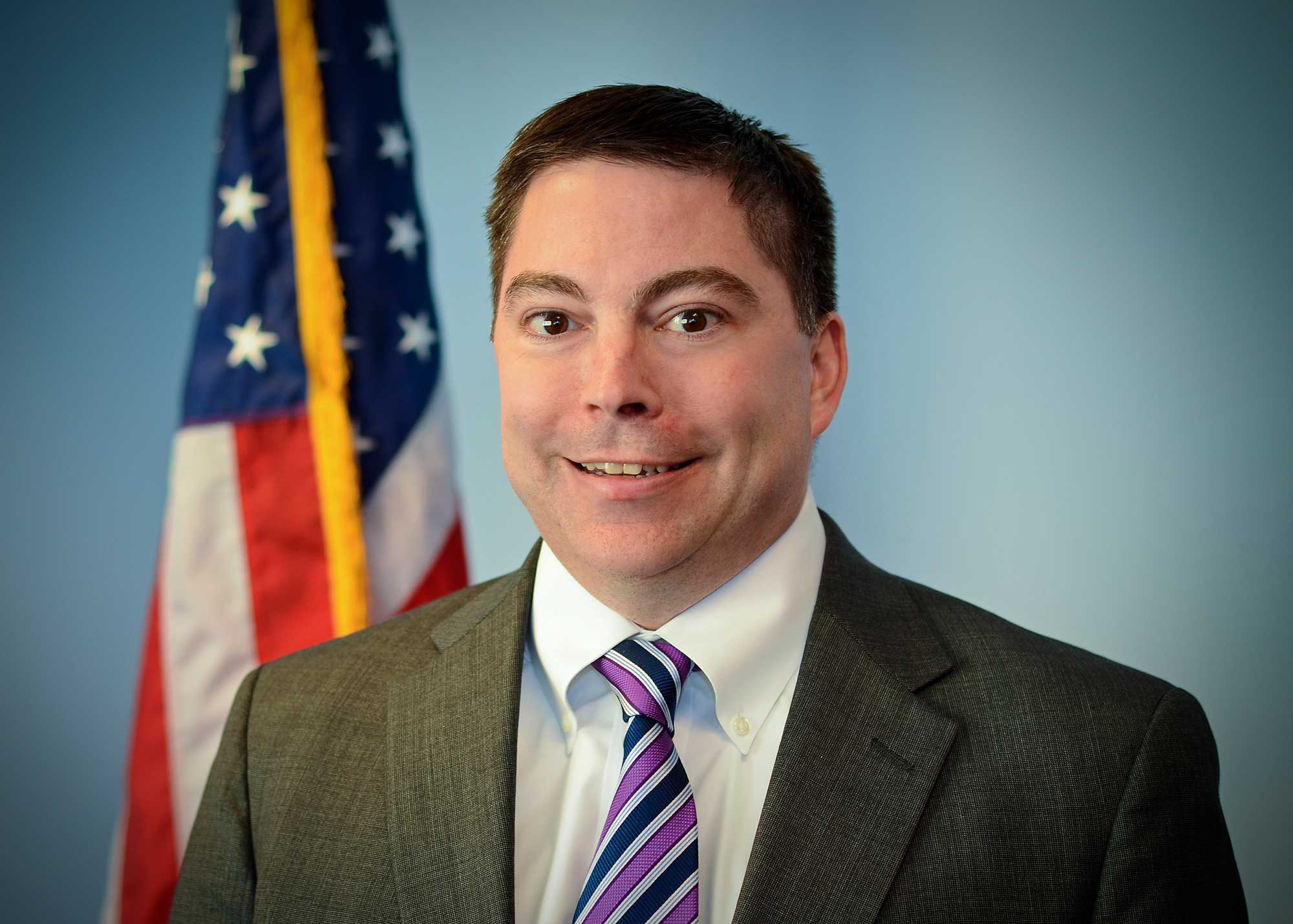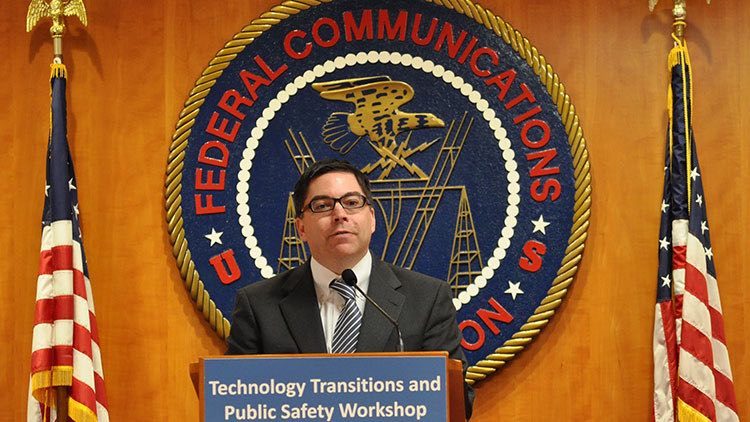O'Rielly: Expanding WiFi into 5.9 GHz is Easy and Cost-Effective

The smarter way to stay on top of broadcasting and cable industry. Sign up below
You are now subscribed
Your newsletter sign-up was successful
FCC commissioner Michael O'Rielly says that the commission's current consideration of ways to free up spectrum in the 5.9 GHz band is not, as some have suggested, "a callous effort to jeopardize automobile safety."
That came in a speech to the WiFi Alliance, which has been pushing for opening up the band. He was subbing for FCC chair Ajit Pai and while O'Rielly signaled he would support the chairman's opening up a new proceeding on use of the band, he also acknowledged its broad rather than targeted approach likely fell short of his audience's wishes, which he appeared to share.

In a speech to the WiFi World Congress last month, Pai said: "Given the swirl of the debate and the vast technological changes that have occurred since the Commission allocated the 5.9 GHz band 20 years ago, I believe that the time has come for the FCC to take a fresh look at this band. We should open up a rulemaking proceeding, seek comment on various proposals for the band’s future, and use the record that we compile to make a final decision on how the band should be allocated."
WiFi proponents including cable operators have been hankering to at least share that 75 MHz of beachfront midband spectrum for years. WiFi is currently the cable industry's top mobile broadband play via hot spots that extend its fixed customers reach far beyond their home networks.
While O'Rielly said the chairman was trying to come to the best result, he described the FCC process as "a protracted, arduous process full of all kinds of unimaginable twists and turns."
Currently, the 5.9 GHz band is used, or at least allocated, for dedicated short-range communications (DSRC), a vehicle-to-vehicle (V2V) communications system that has likely been overtaken by other technology, he suggested. O'Rielly indicated he was in the camp who saw expanding WiFi into the band, at least as a technical matter, as "easy and cost-efficient."
"First, it is adjacent to the highly-successful 5 GHz band. That means expanding into this adjacent band would be cost-efficient and easy, as equipment can be upgraded without much difficulty," he told the crowd. "Moreover, these 75 megahertz of spectrum can be combined with the existing 5 GHz band to build at least one wider channel."
The smarter way to stay on top of broadcasting and cable industry. Sign up below
As to whether it could be shared, he said: "I think it is fair to recognize that almost all the automobile safety features envisioned under DSRC now exist and operate in other bands. And, the automobile industry’s support for DSRC has only waned over time, with car companies repeatedly putting the brakes on their public plans (pun intended)."
Related: Trump Appears to Be Backing Off DSRC Mandate
The FCC completed testing last fall that concluded WiFi devices could peacefully coexist with DSRC if that technology does eventually come into wide use for vehicle-to-vehicle communications but, again, O'Rielly suggests that might be moot if DSRC does not pan out.
O'Rielly conceded some in the crowd would have preferred Pai to open a more targeted proceeding that tentatively concluded that the band could be used for unlicensed devices, while others elsewhere would like to see the "reaffirmation" of DSRC, the introduction of the alternative, LTE-based V2X technology, or simply to say that the band should be confined to automobile-related service.
Given that, the commissioner said he thought the chairman was trying to balance all those interests on the way to the "best possible outcome," but gave that approach less than a full-throated endorsement. He called that it "not irrational" and concluded "Since this item would not lead to any immediate impact or harm, it would seem to be advisable to move the NPRM forward."
Contributing editor John Eggerton has been an editor and/or writer on media regulation, legislation and policy for over four decades, including covering the FCC, FTC, Congress, the major media trade associations, and the federal courts. In addition to Multichannel News and Broadcasting + Cable, his work has appeared in Radio World, TV Technology, TV Fax, This Week in Consumer Electronics, Variety and the Encyclopedia Britannica.

